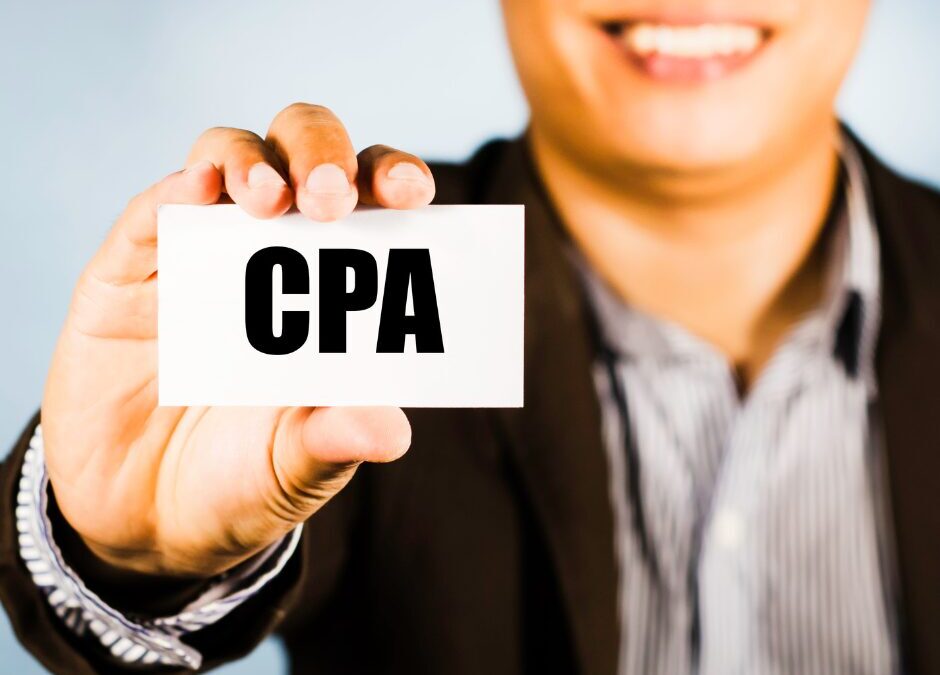CPA Must Understand Your Needs
Before embarking on the search for a Certified Public Accountant (CPA), it’s essential to assess your specific accounting needs. Determine the scope of services required, such as tax preparation, financial planning, or audit assistance.
Researching Potential Candidates
Once you’ve identified your needs, research potential CPAs thoroughly. Seek recommendations from trusted sources, such as colleagues or business advisors. Additionally, explore online reviews and ratings to gauge the reputation and reliability of prospective candidates.
Evaluating Qualifications and Credentials
When evaluating CPAs, pay close attention to their qualifications and credentials. Ensure they hold the necessary licenses and certifications, such as state licensure and membership in professional organizations like the American Institute of CPAs (AICPA).
Assessing Experience and Expertise
Experience is a crucial factor in selecting a CPA. Look for professionals with extensive experience in your industry or specific accounting needs. Assess their track record of success and inquire about their expertise in relevant areas.
Considering Communication and Compatibility
Effective communication is vital for a successful partnership with a CPA. Evaluate how well you communicate with potential candidates and assess their responsiveness and willingness to address your concerns.
Discussing Fees and Billing Structure
Before finalizing your decision, discuss fees and the billing structure with prospective CPAs. Understand how they charge for their services, whether it’s an hourly rate, a flat fee, or a percentage of assets managed.
Requesting References and Referrals
Don’t hesitate to request references or referrals from CPAs you’re considering. Reach out to past or current clients to gain insights into their experiences working with the CPA and the quality of service provided.
Establishing Clear Expectations
Once you’ve selected a CPA, establish clear expectations and guidelines for your working relationship. Define the scope of services, communication channels, and deadlines to ensure a smooth and productive collaboration.
Maintaining Open Communication
Throughout your engagement with a CPA, maintain open communication and regularly communicate any changes, concerns, or updates regarding your financial situation or accounting needs.
Monitoring Performance and Results
Continuously monitor the performance and results of your CPA to ensure they’re meeting your expectations and delivering the desired outcomes. Address any issues or discrepancies promptly to maintain a productive partnership.
To get your free report of “What You Should Know Before You Hire A Certified Public Accountant” go to our homepage and fill out the form right below our welcome video!

